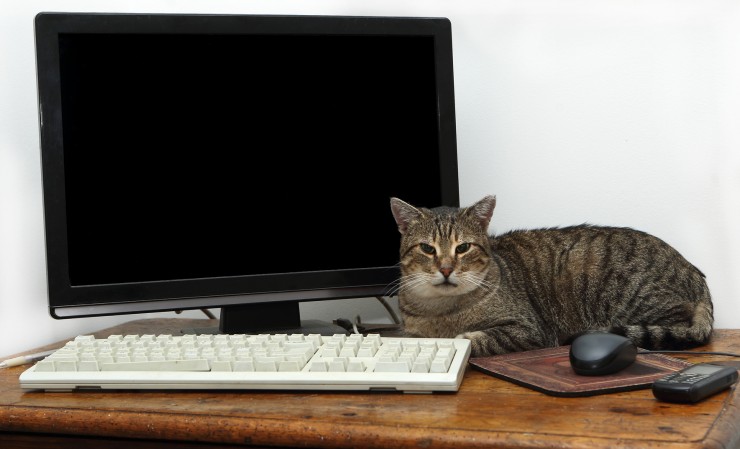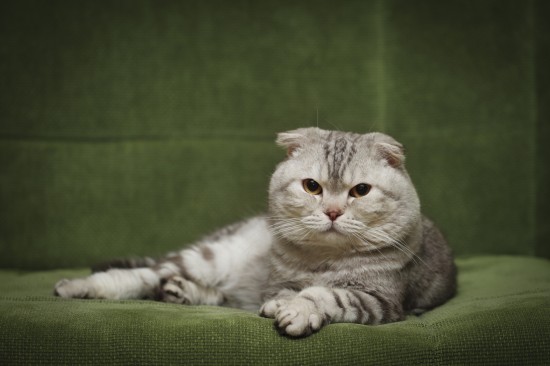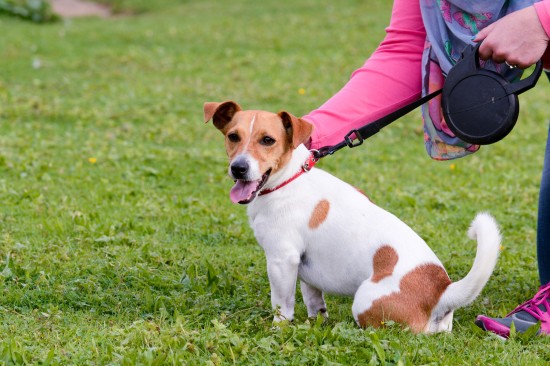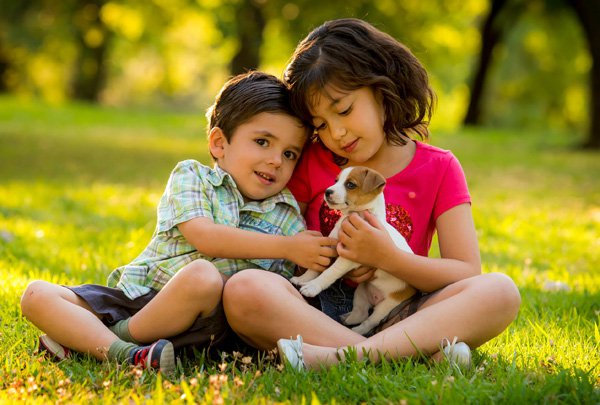Dog kennel training, also known as Crate training, is usually associated with potty training puppies or dogs. Dog kennel training also has various other uses besides potty training. For instance, when your puppy is in his kennel, you can stop your puppy's chewing on any shoes you might have forgotten to put away before you left the house. By doing the kennel training properly, your dog will think of his kennel as his den, and he will go there voluntarily for a nap for to hang out when you are gone.
By making sure your dog is comfortable in his kennel, just like a dog in his den, you will have good success kennel training your pet. Be sure you don't put you dog into his kennel if you have an angry attitude towards him. Doing that will create a negative impression within your dog about being put in the kennel. Instead of feeling like a secure den, his kennel will now feel like a jail. You don't want to confuse your dog by doing that. Remember, just like with the other types of obedience training, you should always be consistent if you want good results.
Before even bringing your new puppy home, you need to select a kennel from your local pet supply store. Pick out a kennel based on your dog's size at maturity.Kennels need to be large enough for a full grown dog to stand up in, turn around in, and lay down in. Large breed dogs need much larger kennels than do the smaller size dogs. Partition the kennel so your puppy just has enough room to stand, turn around and lay down in. By keeping the space restricted, you are helping to deter the puppy from soiling his crate. Too much room may encourage the puppy to use a corner of the kennel as a toilet. Dog kennel training for your puppy works to house train him because of a dog's basic instinct not to soil his own "den"-the kennel. You want to make sure he doesn't somehow get used to using his kennel as a toilet.
Let your puppy walk into the kennel for the first time on his own. A couple of treats placed just inside will entice your pup to enter on his own for the first time. You want the kennel to be inviting,so also put some chew toys and a puppy blanket inside the kennel. When your puppy enters give him another treat and plenty of praise.
Let him enter and exit his crate a few times before you close the door with him inside. To avoid the puppy getting nervous inside the kennel on the first session, only close him in for short periods so he can gradually get used to it. It is a good idea to put his kennel in a room where the family is most active, so he doesn't feel lonely and start to whine. If he is near the family, your puppy will feel like he is a part of things, even from inside his kennel, and will have less reason to start whining.
Younger puppies need to be let out of the kennel very frequently, depending on how many weeks old they are, so they can be trained to go potty outside. For puppies only 2 months or even younger, you should be let them for potty breaks frequently, perhaps as often as every hour or so just to be on the safe side. There is a rule of thumb saying that for each month of age, the puppy should have a break-so for a 3 month old puppy not already housebroken, the break should come after no longer than 3 hours after the last break. As your puppy's body develops he will be able to go longer between breaks.
If your pet begins to whine, don't acknowledge it-either by letting him out or by talking to him. Giving him attention serves to reinforce the whining. Unless it is his regular time for a potty break (always be aware of how long it has been since your pup's last break), you should not reinforce the whining. Before long, you will know how to recognize the different sound of the potty break whine from the "let me out of here" whine.
You will really benefit if you do kennel training with your puppy. The benefits of easily house training your puppy, and also keeping your possessions safe from sharp little puppy teeth are two obvious advantages of dog kennel training.

 Keeping Pets Safe Around Electrical Cords
Keeping Pets Safe
Keeping Pets Safe Around Electrical Cords
Keeping Pets Safe
 Few reasons for why are your pets getting affected by Fleas and Ticks?
How did your dog get these fleas and ticks?
Generally your
Few reasons for why are your pets getting affected by Fleas and Ticks?
How did your dog get these fleas and ticks?
Generally your
 Is There A Difference Between Scottish Fold Cats & American Curl Cats?
Is There A Differ
Is There A Difference Between Scottish Fold Cats & American Curl Cats?
Is There A Differ
 Potential Reasons For Finding Blood In Your Dog’s Urine
Potential Reasons
Potential Reasons For Finding Blood In Your Dog’s Urine
Potential Reasons
 Why You Need Leather Dog Collars Accessories?
Why You Need Leather Dog Collars Accessories?
Why You Need Leather Dog Collars Accessories?
Why You Need Leather Dog Collars Accessories?